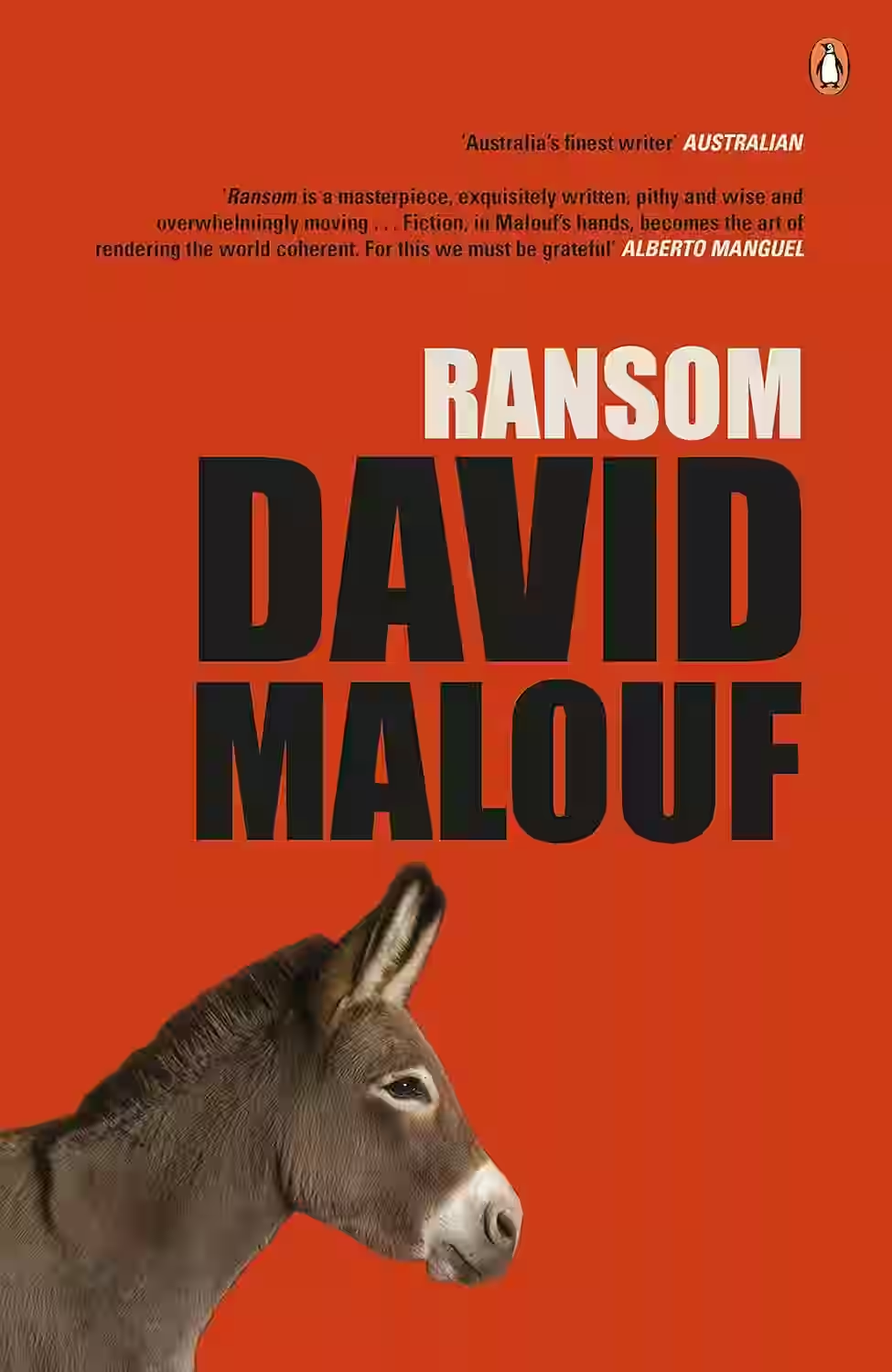
Vladimir Nabokov's 'Pale Fire' is a brilliantly conceived novel that blurs the lines between poetry and prose, fiction and criticism. At its center is a 999-line poem by the fictional poet John Shade, accompanied by an extensive commentary by his self-appointed editor, Charles Kinbote. The novel masterfully unfolds through Kinbote's verbose footnotes, which reveal his obsession with both the poem and Shade himself. Themes of artifice, madness, and the nature of textual interpretation are explored as Kinbote's commentary becomes increasingly detached from the poem, presenting a narrative of his own deluded reality. 'Pale Fire' is a metafictional masterpiece illustrating Nabokov's genius for linguistic play and deceptive storytelling, challenging readers to discern layers of meaning beneath its complex surface.
About Vladimir Nabokov
Vladimir Nabokov (1899-1977) was a Russian-American novelist, poet, and entomologist best known for his intricate and innovative writing style. Born into a wealthy family in St. Petersburg, Nabokov fled Russia during the Bolshevik Revolution and eventually settled in the United States. His most famous work, 'Lolita,' published in 1955, elicited both admiration and controversy for its exploration of taboo themes. Nabokov's writing often juxtaposed lyrical language with dark, complex subject matter, showcasing his mastery of wordplay and storytelling. His work has had a lasting impact on literature, influencing generations of writers with his unique blend of wit, intellect, and imagination.
Other Books by Vladimir Nabokov

Lolita
Vladimir Nabokov's controversial masterpiece 'Lolita' delves into the psychological complexities of Humbert Humbert, a middle-aged literature professor, and his disturbing obsession with a twelve-year-old girl named Dolores Haze, whom he nicknames Lolita. Through Humbert's unreliable narration, the novel explores themes of desire, obsession, and the destructive nature of forbidden love. Nabokov's exquisite prose and intricate wordplay make 'Lolita' a literary marvel, despite its unsettling subject matter. The novel's impact on literature and culture is profound, challenging readers to confront uncomfortable truths about human nature and societal taboos.
Similar Books

Wide Sargasso Sea
by Jean Rhys
Jean Rhys's 'Wide Sargasso Sea' is a gripping and thought-provoking novel that serves as a prequel to Charlotte Bronte's 'Jane Eyre.' Set in Jamaica, it delves into themes of colonialism, racial identity, and madness through the character of Antoinette Cosway, who is later known as Bertha Mason in 'Jane Eyre.' The story explores Antoinette's struggles with her Creole heritage, oppressive societal norms, and her descent into madness. Rhys masterfully weaves a tale of love, betrayal, and loss, offering a fresh perspective on a classic literary character. 'Wide Sargasso Sea' is a haunting and powerful narrative that challenges traditional narratives and leaves a lasting impact on its readers.

Ransom
by David Malouf
David Malouf's 'Ransom' offers a poignant reimagining of a brief, but pivotal episode in Homer's 'Iliad'. The novel focuses on King Priam of Troy's journey to retrieve the body of his slain son Hector from the Greek warrior Achilles. Malouf explores themes of grief, redemption, and the transformative power of human compassion. The narrative shifts between Priam's introspective reflections and Achilles' struggles with his own wrath and sorrow, delving into the interplay of fate and vulnerability in the face of monumental loss. Malouf's lyrical prose and deep empathy for his characters render this tale not just a retelling, but a profound meditation on the potential for change and understanding even amidst the chaos of war.

The Cellist of Sarajevo
Set during the siege of Sarajevo in the early 1990s, 'The Cellist of Sarajevo' by Steven Galloway is a poignant exploration of life under siege. The novel interweaves the lives of three characters—Dragan, Kenan, and Arrow—each struggling to preserve their humanity amidst the chaos of war. Their stories orbit around the figure of a cellist, who plays Albinoni's Adagio in the streets to commemorate the lives lost to a mortar attack. Galloway deftly captures the resilience of the human spirit, the impact of art in times of despair, and the simple acts of courage that shine through the shadows of conflict. The book's haunting prose and meditative tone create an indelible reflection on the moral choices faced in brutal circumstances.

Siddhartha
Hermann Hesse's 'Siddhartha' is a timeless exploration of self-discovery and spiritual enlightenment. Set in ancient India, the novel follows Siddhartha's quest for meaning beyond material wealth and societal expectations. Through encounters with different philosophers, ascetics, and a courtesan, Siddhartha learns valuable lessons about the nature of existence, the pursuit of wisdom, and the interconnectedness of all beings. Hesse's lyrical prose and profound insights make this a deeply contemplative and introspective read, inviting readers to reflect on their own paths to fulfillment and enlightenment. 'Siddhartha' continues to inspire and resonate with readers across generations.